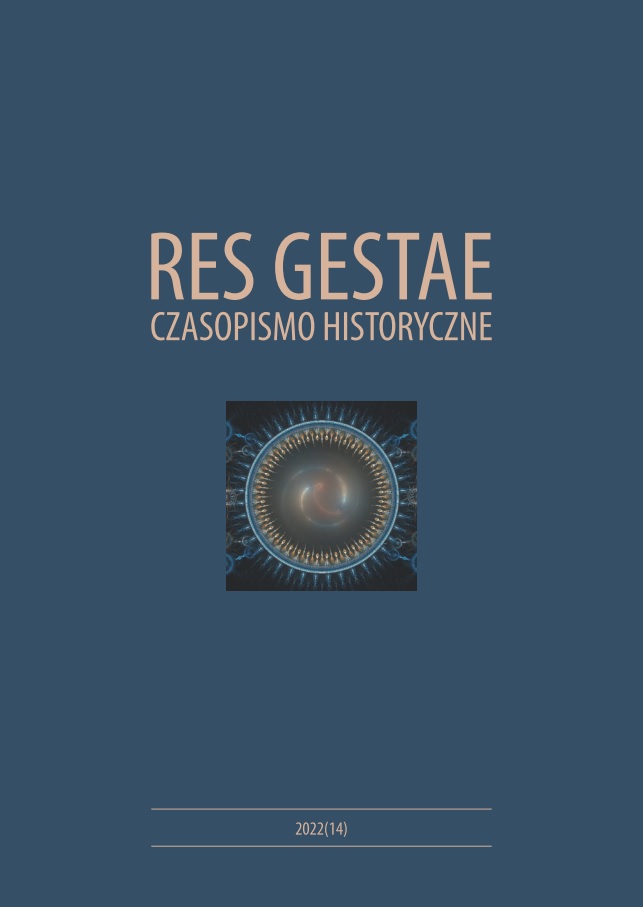Opieka konsularna nad polskimi emigrantami sezonowymi na Łotwie w latach 1928–1939
Main Article Content
Abstrakt
The interwar Polish state was plagued by many social and economic problems. Among them were unemployment and poverty. The problem of surplus of labor in the Polish countryside coincided with the dynamic development of agriculture in the Latvian state. As a result, thousands of Polish farmers went to Latvia to work in local agriculture. Emigration from Poland to Latvia was seasonal. In the years 1928-1939, over 100,000 Poles passed through Latvian agriculture. The Polish consulates in Riga and Daugavpils took care of these emigrants. These consulates could not complain about the lack of work. In particular, related obligations were imposed on the Consulate of the Republic of Poland in Riga, which looked after the largest number of Polish economic emigrants. Consulates defended the interests of emigrants in situations of disputes with Latvian employers. A characteristic feature of Polish seasonal emigration to Latvia was that it mainly consisted of rural youth who had never left their hometown before. This required the Polish authorities to pay special attention to the issue of caring for these people. Therefore, consular offices tried to take care of the image of emigrants and influence their behavior as well as moral and national attitudes.
Article Details
|

